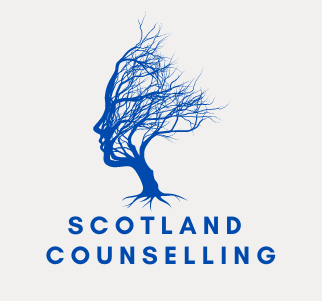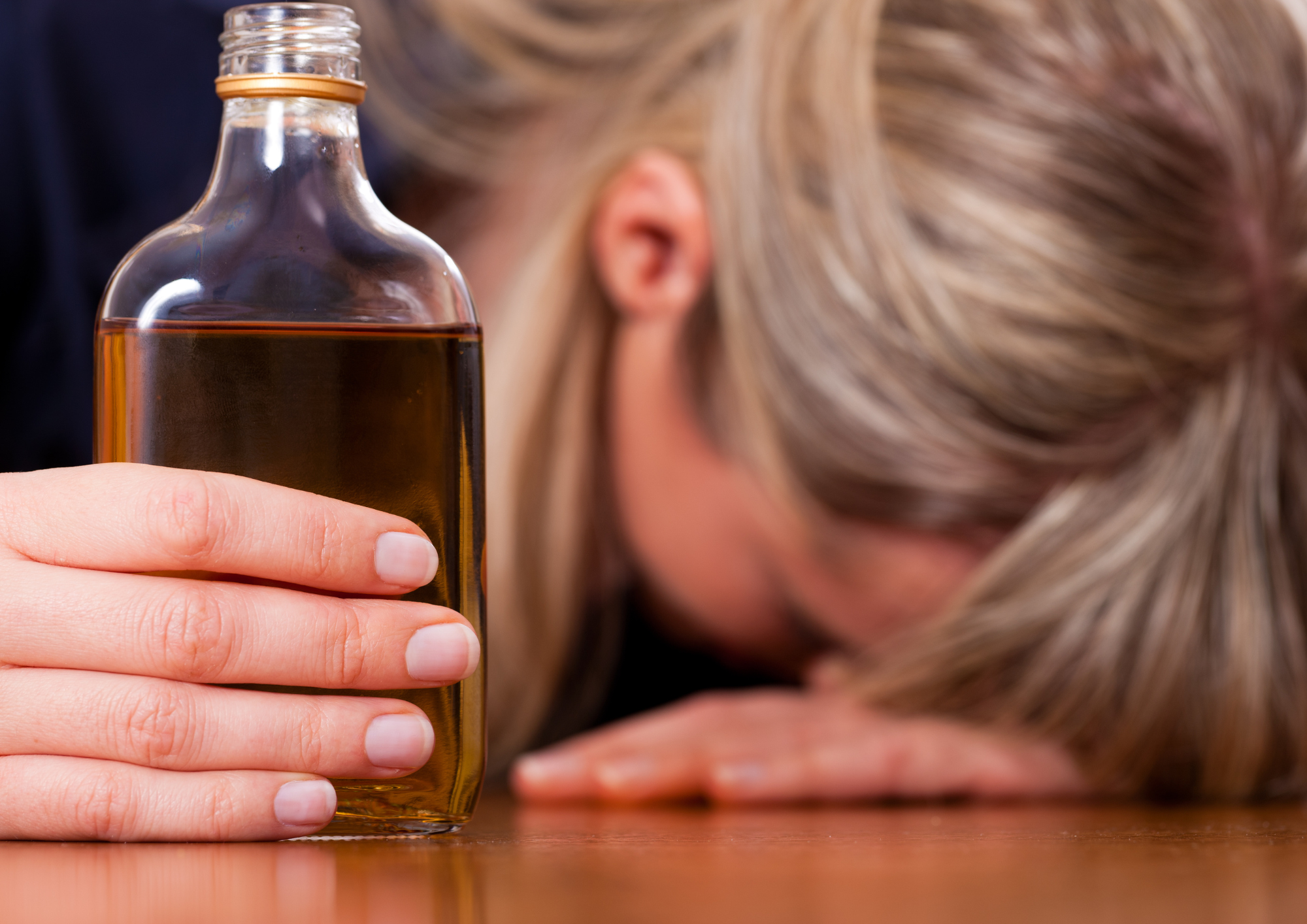Signs of substance abuse
Some signs of substance abuse include:
- Using drugs or alcohol to cope with stress or emotional pain.
- Losing control over drug or alcohol use and using more than intended.
- Experiencing negative consequences from drug or alcohol use, such as work problems or relationships.
- Feeling cravings or urges to use drugs or alcohol.
- Spending a lot of time and effort obtaining and using drugs or alcohol.
- Neglecting responsibilities or hobbies in favour of drug or alcohol use.
If you are struggling with substance abuse, seeking help is important. Consider talking to a mental health professional or a substance abuse counsellor about your situation. They can provide support and guidance on how to manage substance use or how to quit.
There are also support groups, such as Alcoholics Anonymous and Narcotics Anonymous, that can provide peer support and help individuals in recovery stay sober. In addition, various treatment options are available, including inpatient and outpatient programs, to help individuals recover from substance abuse.
Remember that substance abuse can have serious negative consequences on your life, but recovery is possible. Seeking help is the first step towards a healthier and happier life.

Harms of substance abuse
Substance abuse can have a wide range of negative consequences in the short and long term. Here are some examples:
- Physical health problems: Substance abuse can lead to various physical health problems, including liver disease, heart disease, lung disease, and neurological disorders.
- Mental health problems: Substance abuse can also adversely affect mental health, including increased risk of depression, anxiety, and other mood disorders.
- Relationship problems: Substance abuse can strain relationships with friends, family, and romantic partners and may lead to conflicts, arguments, and even violence.
- Legal problems: Substance abuse can lead to legal issues, including DUIs, drug-related arrests, and incarceration.
- Financial problems: Substance abuse can be expensive, and individuals may struggle to maintain employment or pay for basic needs due to their drug or alcohol use.
- Overdose: Substance abuse can lead to accidental overdose, which can be fatal.
These are just a few examples of the harms of substance abuse. If you are struggling with substance abuse, seeking help as soon as possible is vital to minimise the negative consequences and work towards recovery.

How can counselling help with substance abuse issues?
Counselling can be an effective treatment option for individuals struggling with substance abuse. Here are some ways that counselling can help:
- Identify and address underlying issues: A counsellor can help you identify any underlying problems contributing to your substance abuse, such as trauma, mental health problems, or relationship issues. By addressing these issues in therapy, you can develop healthier coping mechanisms and reduce the risk of relapse.
- Develop coping skills: Substance abuse often develops to cope with stress, anxiety, or other challenging emotions. A counsellor can help you develop healthier coping skills, such as mindfulness, deep breathing exercises, or relaxation techniques, to help manage these feelings without turning to drugs or alcohol.
- Set goals: A counsellor can help you set realistic and achievable goals for your recovery, such as reducing your substance use or quitting altogether. They can also help you develop an action plan for achieving these goals.
- Provide support and accountability: A counsellor can provide ongoing support and accountability as you work towards recovery. They can offer encouragement, guidance, and feedback and help you stay motivated and committed to your goals.
- Offer relapse prevention strategies: A counsellor can teach you some strategies to help you avoid using drugs or alcohol in the future. These may include developing a support network, avoiding triggers, and creating a plan for managing cravings.
Remember, recovery from substance abuse is a journey, and having the proper support and resources along the way is essential. A counsellor can be a valuable part of your recovery team and can help you work towards a healthier, happier life.









